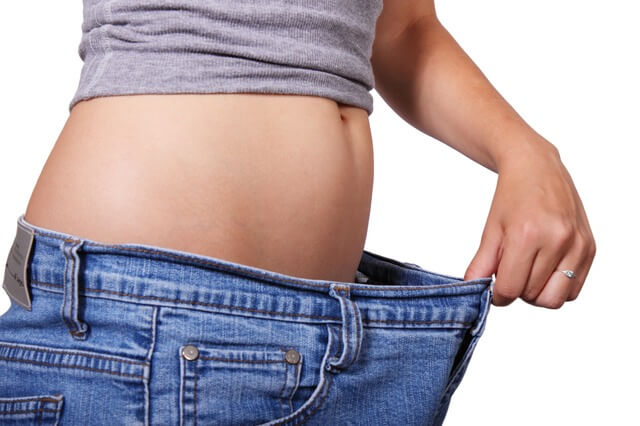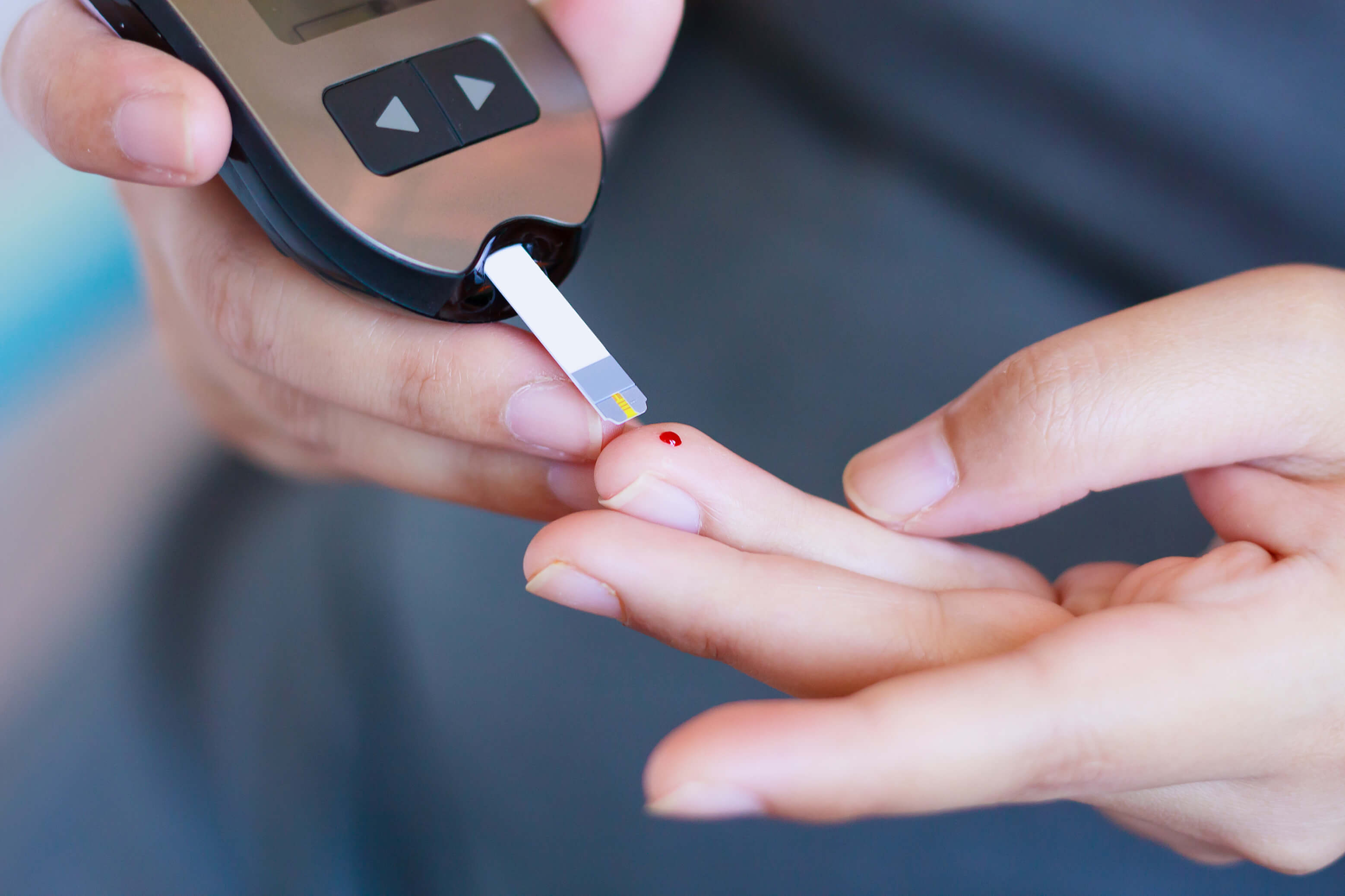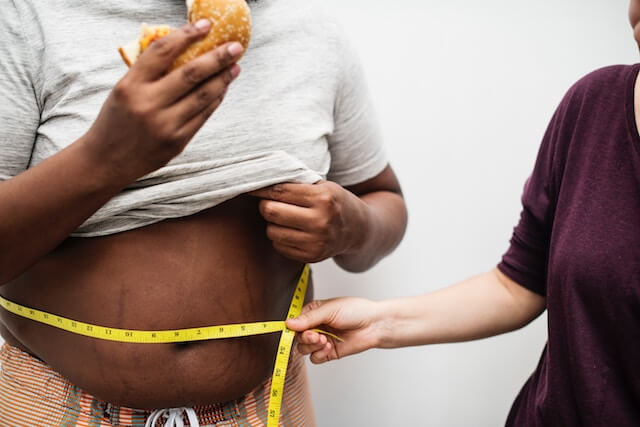Keto, ketosis, ketoacidosis. . .these are names for a diet that is at an all time high for popularity. But the keto diet is actually not a new or “fad” diet. This high fat, moderate protein, low carbohydrate diet forces the body to burn fat rather than carbs. The benefits of the fasting state brought on by a keto diet range from weight loss to better memory to helping manage and even heal certain diseases. But how does it work and what are the risks?
History
Back in the 1920s, doctors used the ketogenic diet as a therapy for epilepsy. The change of metabolism brought on by carbohydrate restriction mimicks fasting. Prior to the keto diet, people used fasting as a means of controlling seizures for decades. There are hundreds of studies that point to the efficacy of the keto diet for the management of epilepsy and other seizure-related ailments. With the onset of anti-seizure medications, the keto diet has lost popularity for the treatment of epilepsy, but supporters purport that it can help with the management of various ailments as well as weight loss.

What is Keto?
Under normal conditions, the body uses glucose as a primary source of energy. Ketosis occurs when the body is deprived of carbohydrates and therefore produces glucose from non-carbohydrate sources. During periods of low food intake (fasting) or severe carb restriction, the body runs out of stored glucose, or glycogen, generally after about 24-48 hours. When this happens, the body switches to a process of gluconeogenesis, where it metabolizes stored fat instead of glycogen. This causes the liver to release ketone bodies (acetoacetate, β-hydroxybutyrate, and their product acetone) into the bloodstream. These ketones may then be used by your body as an energy source.
Acetyl coenzyme A (or acetyl-CoA) is the end goal of ketosis. This enzyme has an essential function in the citric acid cycle, or Kreb’s, cycle, which is the body’s process of breaking down food into useable energy. The ketone bodies facilitate the breakdown of lipids into needed acetyl-CoA that is otherwise unavailable during carbohydrate restriction.
What Triggers Ketosis?
Fasting
Ketosis happens when the body produces enough ketones to measure significant levels in the blood (usually over 0.5 mM). The fastest way to achieve ketosis is by fasting or starvation. Intermittent fasting is one way to kick start the process of ketosis.
Carbohydrate Restriction

The rate of formation of ketone bodies depends on the concentration of fatty acids derived from the hydrolysis of adipose tissue (the breakdown of fat). Insulin depresses hydrolysis. Because carbohydrates trigger a release of insulin, any amount of carbs slows this process. This is the reason severe carbohydrate restriction is necessary to achieve ketosis.
Long Periods of Strenuous Exercise
Interestingly, ketosis also occurs following periods of strenuous exercise. During sustained exercise, the body increases blood flow to working muscles. This causes the mobilization of more fatty acids from adipose tissue for delivery to the muscle. During the post-exercise period, the liver generates ketone bodies as a result of the increased mobilization of fatty acids.
Diabetic Attacks
When insulin levels drop too low, the body resorts to metabolizing fats. This can cause a dangerous state known as diabetic ketoacidosis (DKA). It is associated primarily with type I diabetes, and may result in a diabetic coma if left untreated.
Benefits of Ketosis
Weight Loss
There are numerous studies that point to the efficacy of a keto diet for weight loss. Forcing the body to use stored fat as fuel produces great results for some people. Supporters even tout the keto diet’s ability to eliminate obesity and promote long term weight management.

Improved memory
Keto dieters claim one of the beneficial side effects of the keto diet is improved cognition and memory. This is likely because of the release of β-hydroxybutyrate, which correlates to memory improvement. Some studies even report that ketosis can improve and prevent Alzheimer’s disease.
Cancer
A review of studies shows the potential of a ketogenic diet to reduce tumor growth in cases of malignant glioma, prostate cancer, colon cancer, and gastrointestinal cancer. There is also evidence that carbohydrate restriction can enhance the responsiveness of cancer cells to chemotherapy and to ameliorate some of chemotherapy-induced side effects in normal tissues. Importantly, this review states that patients reported no adverse effects with the use of a keto diet to manage cancer treatment.
Diabetes

Several recent studies indicate that a low-carbohydrate diet is effective at improving glycemia. Some people report improved glycemic control, as well as a substantial reduction in diabetes medications. Studies involve patients who suffer from both type 1 and type 2 diabetes. Certainly, more research is needed and individuals must evaluate their bodies to determine if a keto diet is right for them.
Cardiovascular Health
Although some people think consuming a high percentage of fats leads to elevated cholesterol, some studies actually show the opposite. Studies report that long-term ketosis caused a significant decrease in the level of total cholesterol, LDL (“bad”) cholesterol, triglycerides and blood glucose level. Additionally, HDL (“good”) cholesterol increased significantly after the treatment. Keep in mind that these are based on long-term adherence to a keto diet.
Epilepsy
As previously mentioned, the ketogenic diet originated with the intent to treat epilepsy. Multiple studies reveal the value of this type of diet as a valuable tool for managing seizures in epileptics, especially children.
Liver Health
Do a search for the effects of a keto diet on the liver, and you will find an equal number of studies that claim benefits as detriment. However, most studies do not investigate the specific types of fat ingested. The consumption of primarily unsaturated fats helps to protect the liver and even alleviate non-alcoholic fatty liver disease (NAFLD). In contrast, a diet rich in saturated fats can actually contribute to NAFLD and other liver disease.
Risks of Ketosis
Failure

Achieving ketosis sounds as simple as not eating carbs. However, it isn’t always that easy. Even the smallest amount of carbs and even protein can throw off the process. Because it takes the body time to reach a state of ketosis, it’s not effective to go back and forth with this diet. A cheat day, or even just a cheat meal, can throw your body out of ketosis so that you have to start all over. For many people, adhering to such a restrictive diet is just not feasible. It’s really an all-or-nothing plan and that makes failure all the more common.
Side Effects
When first starting out on the keto diet, the vast majority of people experience what is called the keto flu. This occurs during the process of the body making the switch from metabolizing carbs to fats. Most people report that it occurs around day 5-7 and can last up to a week. Symptoms include fatigue, headache, brain fog, dizziness, sugar cravings, nausea, muscle cramps, and irritability. Fortunately, there are many remedies to help during this process.
Eating the Wrong Kinds of Fats
High fat diets are not always healthy. It is vitally important to consume healthy fats balanced with the proper amount of clean protein and carbs. Too many people start a keto diet and think they can binge on mass quantities of bacon, gobs of butter, and other less-than-ideal foods. This where the problems arise. Some people have experienced mineral and nutrient deficiency with a keto diet. Seeking out nutrient-rich foods is a bit of a challenge, but it is just as important with a keto diet as it is with any other meal plan.

High amounts of protein, particularly animal protein, causes an increase of calcium and uric acid levels in the body. This, coupled with insufficient water intake, can lead to kidney stones and even gout. The answer is to drink plenty of water and seek out healthy fat and protein sources while on keto to avoid dehydration.
Same goes for cholesterol. Unhealthy trans and saturated fats found in red meat, poultry skin, cheese, and butter contribute to elevated cholesterol levels.
How Do I Get Started?
There are hundreds of websites dedicated specifically to the keto diet. It is up to you to determine if a keto is the right diet for you, as well as how you approach it. It is not as simple as it sounds, and there are tons of resources to help you achieve and evaluate your ketosis. I cannot stress the importance of monitoring your body and making sure you are getting plenty of good fats. There are even vegetarian and vegan keto plans out there. Rest assured, it is possible to eat clean, healthy foods on a keto diet.
Check out this recipe for Euphoric Keto Vegan Cacao Truffles from my friend, Toby Gant.
Do You Keto?
Share your insight in the comments.
For more health and wellness education, come on and !


